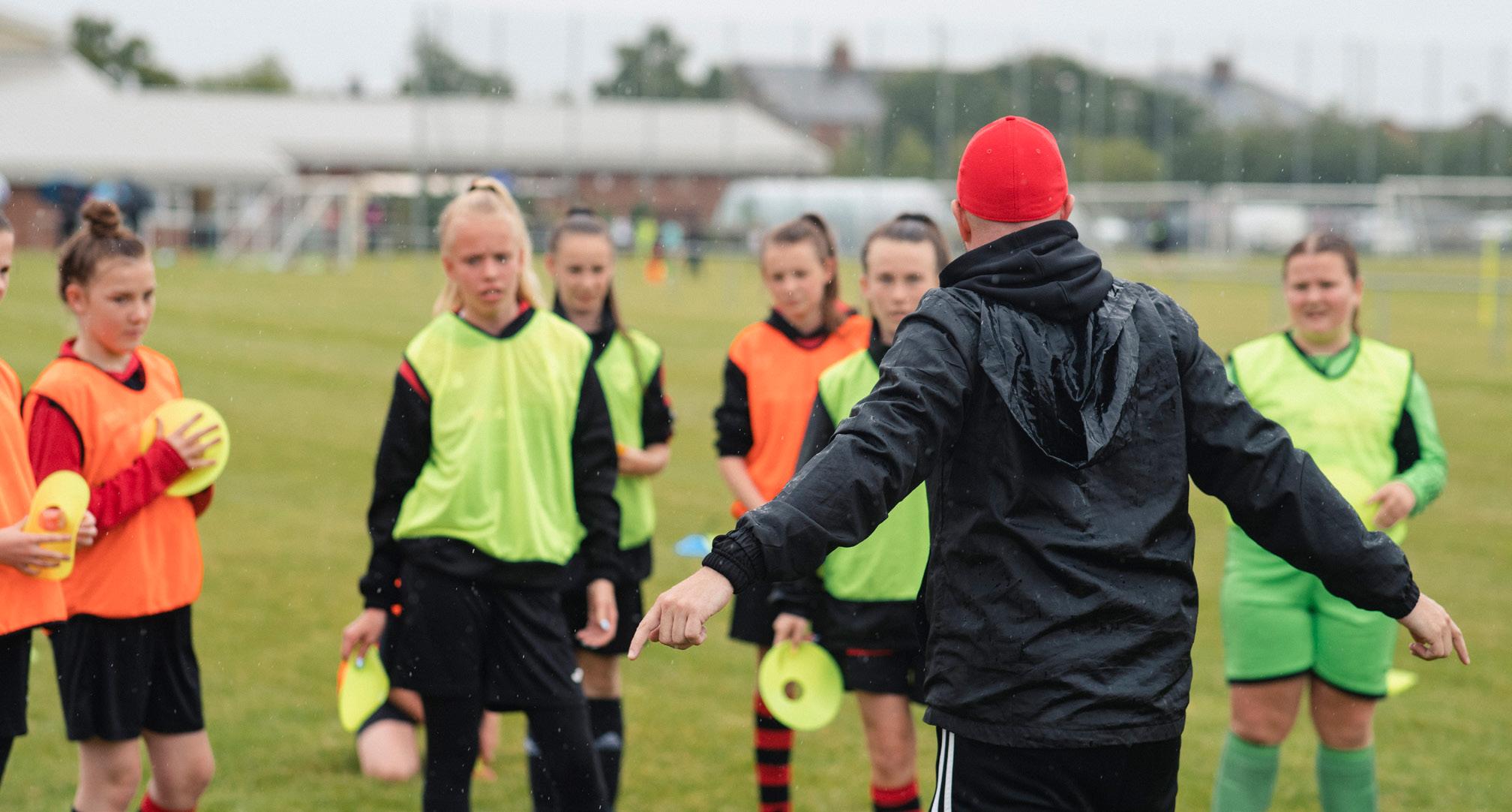2 Background As in the rest of the United Kingdom (UK) and across the world, the health and wellbeing of the people of Wales is significantly affected by Adverse Childhood Experiences (ACEs). Early in 2016, Public Health Wales published the first Welsh ACEs study, which revealed that 47% of adults in Wales have suffered at least one ACE in their childhood and 14% have suffered four or more (1). ACEs such as abuse, neglect and dysfunctional home environments, can have a detrimental impact on an individuals’ life chances. ACEs are associated with poor educational achievement and the development of a wide range of harmful behaviours, including smoking, increased alcohol consumption, drug use, risky sexual behaviour, violence and crime (2-3). ACEs can also contribute towards an increased risk of developing conditions such as diabetes, mental illness, cancer, cardiovascular disease, and premature mortality (2-3). In 2015, the first national Welsh ACE study identified the extent of ACE exposure among adults in Wales, and the strong cumulative relationships between ACEs and healthharming diseases, health conditions and health service use (1,4). While the experience of ACEs can impact an individuals’ life potential, there is a substantial subset of people who suffer ACEs and avoid in part (or entirely) the negative health and social consequences. There is emerging evidence to suggest that a range of factors can help develop childhood resilience including at least one stable relationship between a child and adult, better developed self-regulation skills and a sense of control over personal circumstances (4). These findings are influencing local and national public health policy in Wales and driving multi-agency work to prevent ACEs and support those affected by them.
ACEs such as abuse, neglect and dysfunctional home environments, can have a detrimental impact on an individuals’ life chances. ACEs are associated with poor educational achievement and the development of a wide range of harmful behaviours, including smoking, increased alcohol consumption, drug use, risky sexual behaviour, violence and crime.’
While the experience of ACEs can impact an individuals’ life potential, there is a substantial subset of people who suffer ACEs and avoid in part (or entirely) the negative health and social consequences.’
2.1 The Cymru Well Wales ACE Support Hub In order to tackle ACEs at a population level, Cymru Well Wales (CWW) established the ACE Support Hub, funded from March 2017-2020, to help drive the achievement of the collective vision for Wales as a leader in ACE-free childhoods. Its task has been to help create the environment for change, enable and support individuals, communities and organisations to achieve their local ambitions around the prevention of ACEs and protection against the impact of ACEs (5).
Responding to ACEs in Sport | 9



